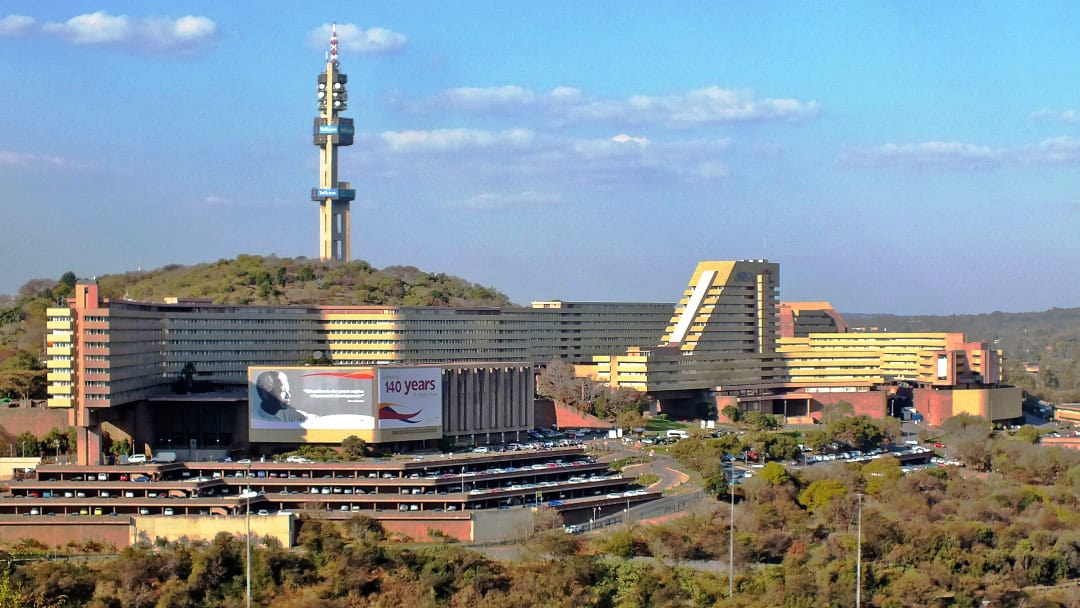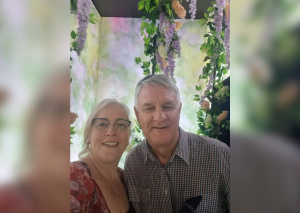Constitutional Court reserves judgement in AfriForum’s case regarding Afrikaans at Unisa
The Constitutional Court today reserved judgement in the case of AfriForum against the monolingual English language policy of the University of South Africa (Unisa). The case was virtually heard and followed after the Supreme Court of Appeal ruled on 30 June 2020 in favour of AfriForum’s argument that this policy is illegal and unconstitutional.
In response to Unisa’s arguments against the Supreme Court of Appeal’s ruling, AfriForum’s legal team made it clear that Unisa’s allegations about a decrease in students’ demand for Afrikaans tuition could not be proven with indisputable numbers and that the university management also could not indicate how other languages will be or have indeed been promoted as a result of the abolition of Afrikaans tuition since the implementation of the policy in 2017. Furthermore, it was pointed out that the approval of the policy had been steamrollered improperly, and that the maintenance of Afrikaans education is not a racial issue, as mother-language Afrikaans speakers belong to all races.
In their arguments, Unisa played the race card once more. AfriForum is especially grateful for Justice Majiedt’s response in which he reminded all parties unambiguously that Afrikaans is an indigenous language spoken by people of all races.
The Supreme Court of Appeal ordered that Unisa had to make all modules that were still available in Afrikaans at the time of the adoption of the new policy, available in the language once more. Unisa indicated that this would not be possible, but AfriForum contends that the majority of the material would not have aged this rapidly and that Unisa have not been able to prove the degree of revision and costs that would be required to update all.
Alana Bailey, AfriForum’s Head of Cultural Affairs, the circumstances of Unisa are unique. In the case of the language case of the University of the Free State (UFS), the Constitutional Court declared that Afrikaans classes promotes racial segregation. At Unisa there are no classes. In the case of the language policy of the University of Pretoria (UP), the university management argued that Afrikaans student numbers were too small to justify Afrikaans tuition, but in Unisa’s case between 20 000 and 30 000 of the students speak Afrikaans as their first language.
AfriForum trusts that the Constitutional Court’s ruling will be favourable, in order that access to tertiary studies in Afrikaans will be expanded and other languages will in time also be used as languages of tuition, rather than that first language English speakers will continue being privileged, while the more than 90% of other South Africans are treated as second-class citizens by being denied access to mother-language education.




















